Today’s Industry Person of the Week is Brandon Christensen, who works as an Operator at the Columbia Water Metro Wastewater Treatment Plant in South Carolina! Here is what he had to share!
Brandon: I became involved with the Operations Challenge when vacancies opened up on the team. I thought the team would be a good opportunity to get to know and work with the other members, and do things that I might not normally do as an operator. I also felt this to be a good opportunity to gain more knowledge and experience as an operator, to be able to meet other people in the industry, and honestly, the team sounded fun!
Through my first competition, I learned how our team works under pressure; even when mistakes and mishaps occurred that never happened in practice, we were able to adjust and work the problems through together. We also get to speak with other teams, see what they do different, and converse about what troubles/successes they have in different events. The events promote healthy competition.
I would recommend getting involved with the Operations Challenge. I find myself improving as an Operator as I improve in the team (it’s a win-win!). I would say, however, do not take the challenge lightly. A lot goes into preparation. It can be physically and mentally demanding, at times, and the teams you compete against are tough! What makes it worth it the most, though, is that it is all in fun. There’s a level of respect and friendship that you gain with all of the teams.
Q. How did you get started working in your field?
Brandon: I’ve run the gamut of jobs, from mechanic to personal trainer to, most recently, music teacher. I was a music teacher for two schools before I began working at Columbia Metro WWTP. While I was teaching, I went back to school to get an additional degree in Engineering. I ended up getting a Mechanical Engineering Technology Degree with a focus on Nuclear Science. When I set out to look for jobs, I began reading and learning more about water treatment, and I noticed a lot of the science and systems were familiar and sparked my interest. When I received the job offer, I took it without hesitation, and I haven’t looked back since!
Q. What do you love the most about your job? What are you most proud of?
Brandon: I love the opportunity to work as a team in operating the entire plant. Each component and area of the plant affects every other area. I love that systematic view of the job. It requires me to be proactive and on top of the area in which I’m working, but also mindful of all other areas. We have to work as a team.
I’m most proud of the team with whom I work. Our personalities and work ethic gel together very well. I know that at any time during my work day, I have a team member that can help if I need a hand, and each team member has that same from me.
Q. What advice would you give to someone considering this line of work or new to the field?
Brandon: If you are considering this line of work, just know that it’s nothing like it seems. The term “wastewater” alone can be unappealing to many. And yes, it gets dirty sometimes, but it’s honestly not horrible. There’s a lot that can go into the operation of a plant, so don’t let it overwhelm you. Study, learn, and pay attention to what is going on.
Like I said earlier, every change made by an operator can have multiple effects on different areas. The reward is when you learn how to make these changes and you were a part of the improvement of how the plant works. In my opinion, the greatest visual reward at a water treatment plant is to see the clear treated water leaving the plant. With this, you quite literally get to see how you cleaned up the water and improved the environment.
Q. Can you talk about a project you recently worked on?
Brandon: We currently are in the works of changing an aeration basin from overhead mechanical aerators to diffused aeration. While those changes are being made to the offline basin, we still have another basin that is still in service. I recently have been doing continuous profiles on this basin; measuring dissolved oxygen in different zones, pH, ammonia, nitrate, nitrite, and alkalinity levels. With this data, we are able to see what is going on in the basin and what adjustments need to be made with respect to the number of aerators operating in the basin. What I find most beneficial about this project is that I get to see firsthand the effects that coarse changes (turning aerators on and off) can have on different variables, both inside the basin and other areas, as the water progresses through the plant.
Thank you, Brandon, for being our Industry Person of the Week! We look forward to keeping up with you and following along with your #OpsChallenge team!
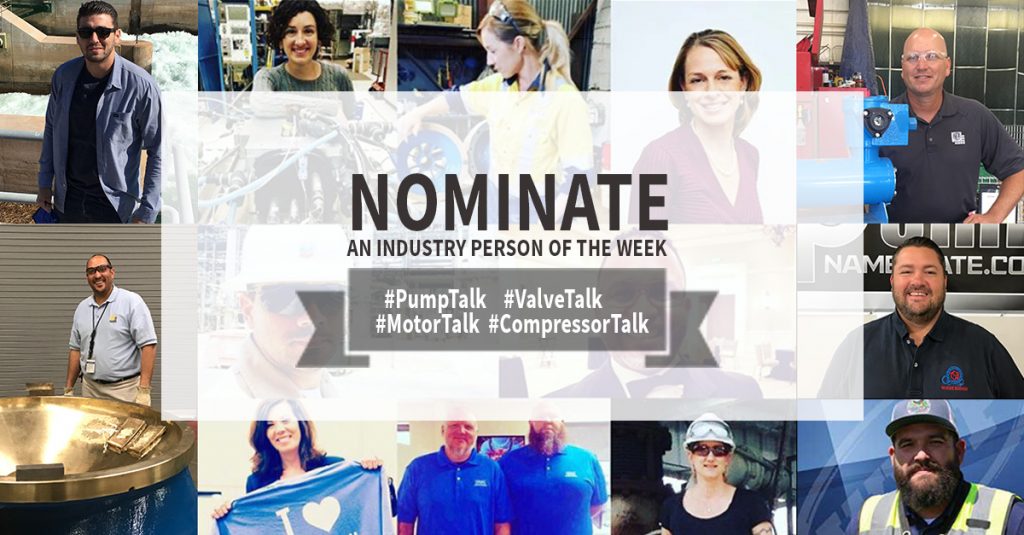
Know an Amazing Person who is making valuable contributions within your Industry? Nominate them to be “Person of the Week”! bit.ly/EPnominatePumpPerson



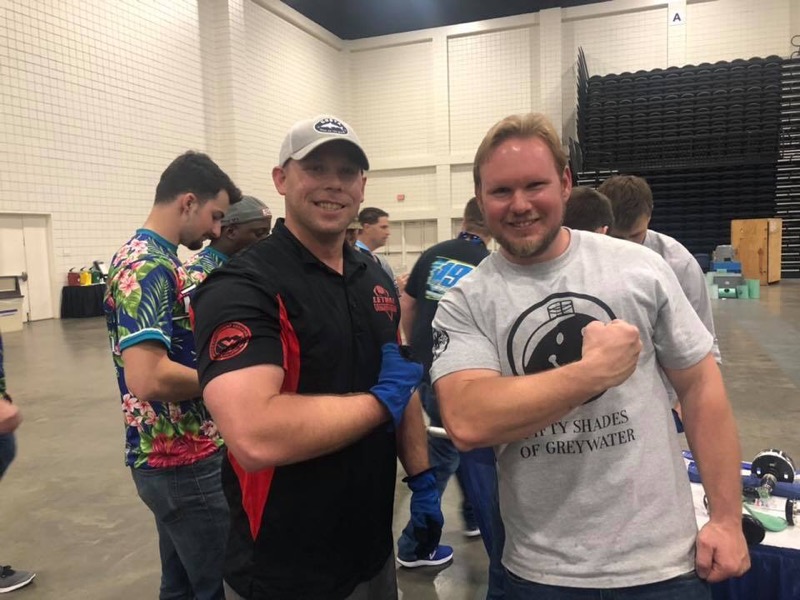
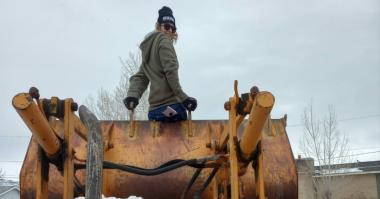
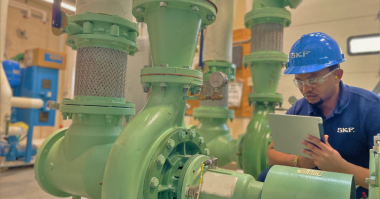
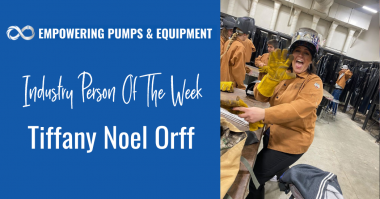
Comments